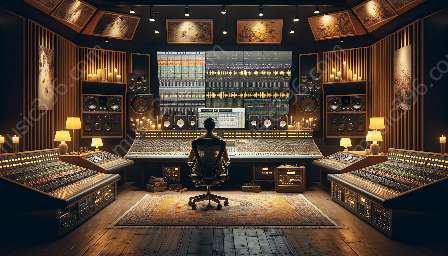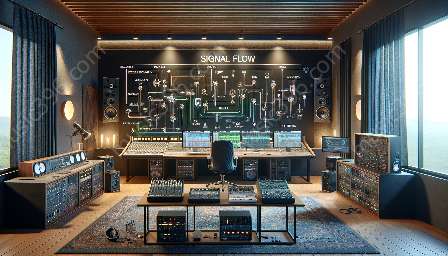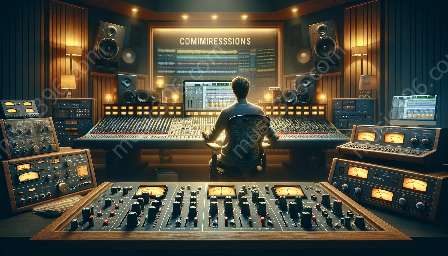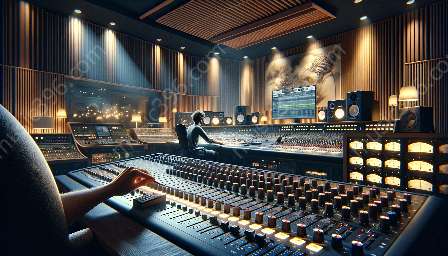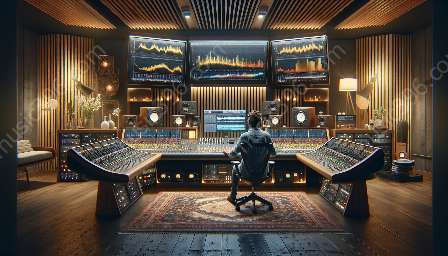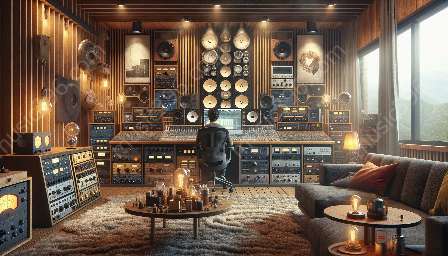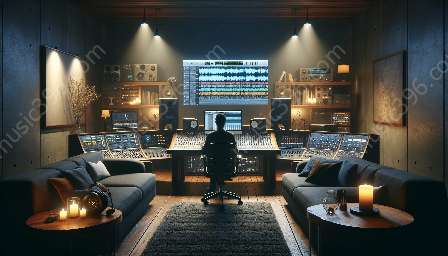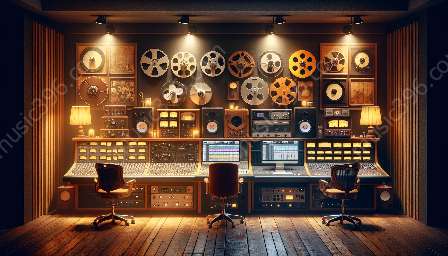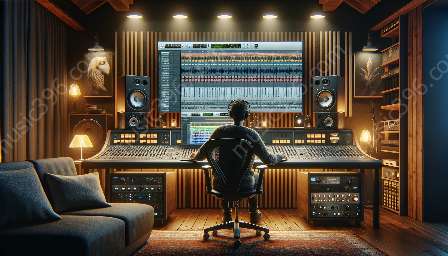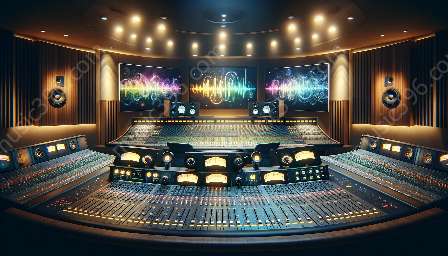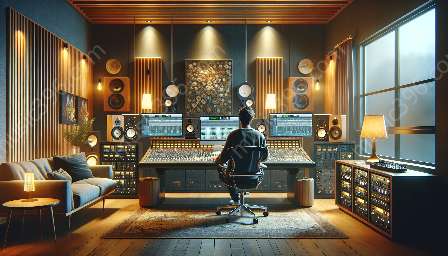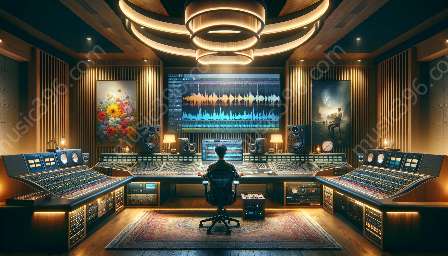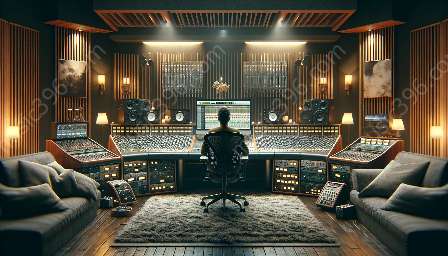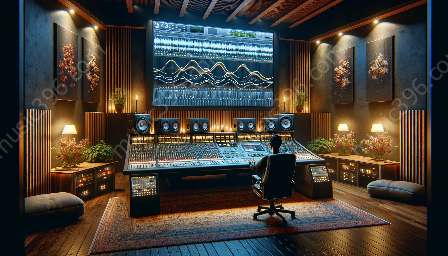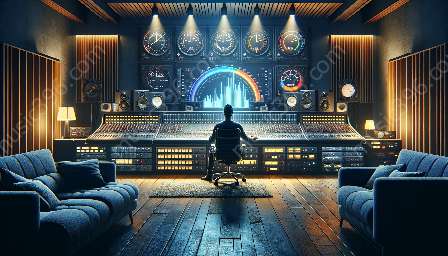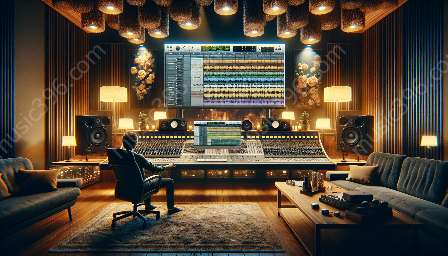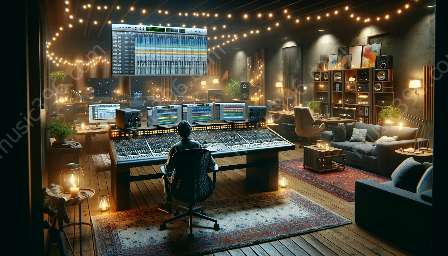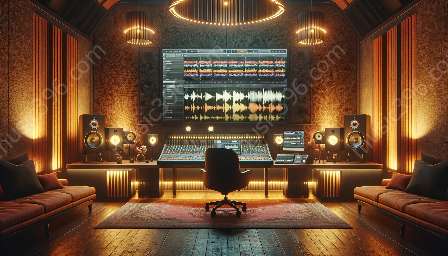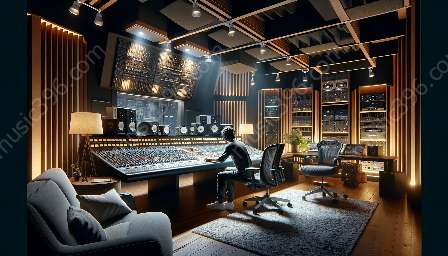Automation plays a crucial role in achieving professional sound quality in the realm of audio mixing and mastering. This comprehensive guide will delve into the impact of automation on the quality of music production and its compatibility with the use of automation in mixing.
The Use of Automation in Mixing
Automation in mixing involves the use of automated processes and tools to adjust various parameters within a digital audio workstation (DAW). This allows engineers to create precise and consistent changes to the levels, panning, and other aspects of audio tracks throughout the mix. Whether it's automating volume levels, effects parameters, or plug-in parameters, the use of automation in mixing helps to achieve a polished and professional sound.
Benefits of Automation in Mixing
One of the primary benefits of automation in mixing is the ability to fine-tune the dynamics and tonal characteristics of individual tracks and the overall mix. By automating parameters such as reverb send levels, EQ adjustments, and compression settings, mix engineers can achieve a more cohesive and balanced sound. Additionally, automation allows for precise control over changes in the mix over time, enabling seamless transitions and dynamic shifts that enhance the overall quality of the audio.
Automation in Mastering
When it comes to mastering, automation is equally important in shaping the final sonic character of a music production. Mastering engineers utilize automation to make adjustments to the overall EQ, dynamic range, and spatial characteristics of the mix. This ensures that the final master meets industry standards and delivers a professional sound quality that is competitive in the market.
Compatibility with Audio Mixing and Mastering
The use of automation in mixing and mastering is highly compatible with the goals of achieving professional sound quality. By leveraging automation tools, engineers can implement precise adjustments and enhancements to individual tracks and the overall mix, resulting in a more refined and polished sound. Whether it's balancing the levels of different instruments, automating spatial effects, or fine-tuning the tonal balance during mastering, automation plays a pivotal role in elevating the quality of music production.
Conclusion
Automation is an indispensable tool in the pursuit of professional sound quality in audio mixing and mastering. Its compatibility with the intricacies of music production allows engineers to achieve precise control over the sonic characteristics of a recording, resulting in exceptional and commercially viable music productions.


